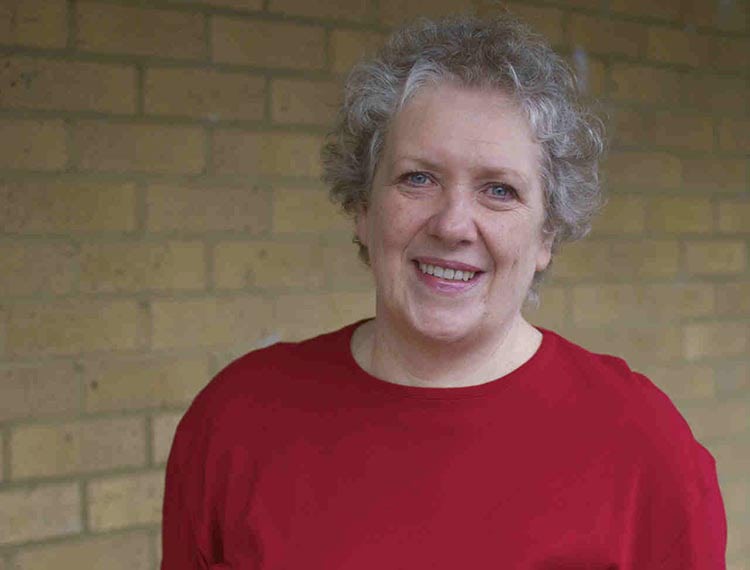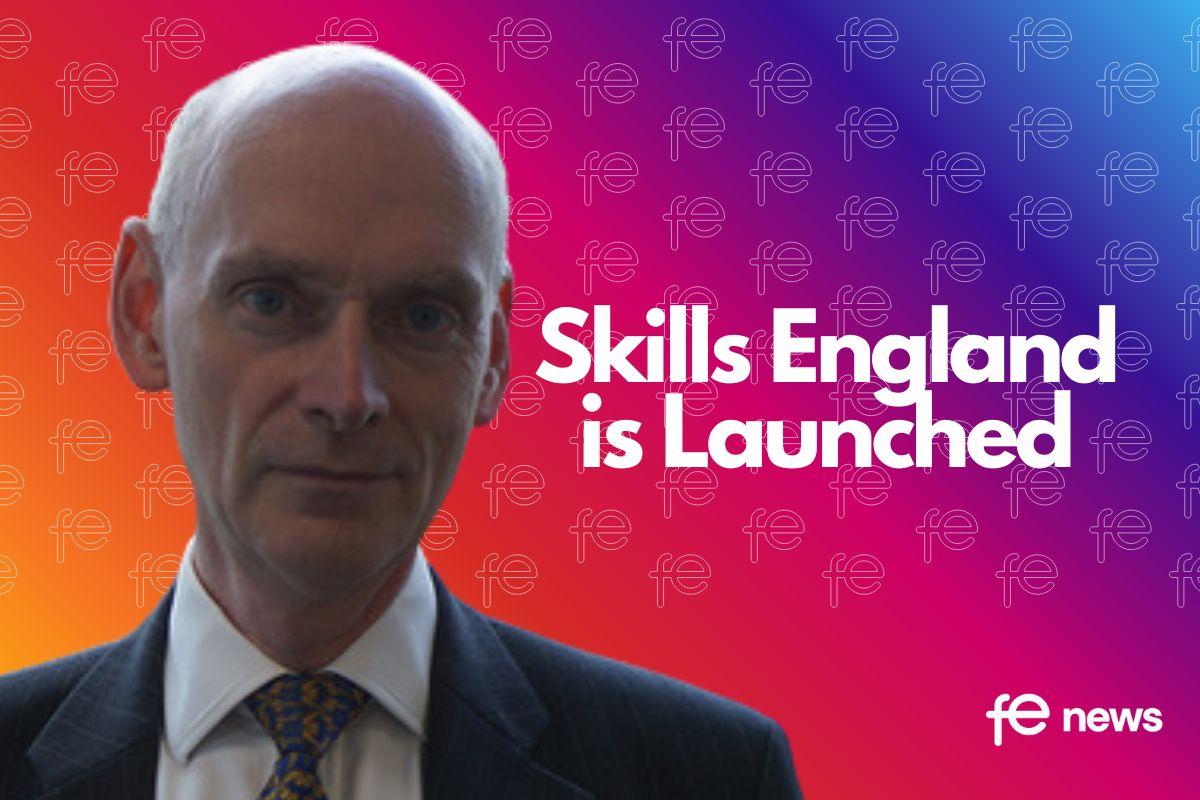Think about what you can do to make certain your FE career does not stall

Has Your Career Stalled?
Have you considered recently what you need to do to make sure your career does not stall? You may not be looking for a new job or for promotion, but you still need to ask yourself questions about your plans for your career. You need to be aware of the principal options available to you concerning careers.
Going Up?
Many people think their careers are similar to riding an escalator. They like the idea of getting to the top. They set out to make their way to the top, via one promotion after another. That probably means they try to stay in a role for about three years and then move on – and up. You have probably met people who work in this way.
Yet, every one cannot get to the top. There is not enough room up there for everyone who wants to make that sort of progress with his or her career.
You need a different way of thinking about your career, if you are going to avoid disappointment AND ensure your career does not stall. Always remember, there are lots of things you could do to progress without thinking of promotions.
Staying Put
Jobs have a habit of changing around you. It is not just about teaching a new syllabus. It could be that your role changes fundamentally over a few months or a year. As a result you get the opportunity to work differently without changing your job. Your career certainly will not stall, if your role changes regularly. You will be kept on your toes, if you find this happening.
Changing Direction
At some point in your career you may decide you want to do something different, quite different, and leave your role in FE to do this.
The best advice is to make sure you prepare well. Develop the skills you will need to succeed in a different career. Do some evening classes, if there is a hole in your expertise. Try to get some experience of the new industry or sector, even if you just make a few visits, in your own time, to organisations that interest you.
Then, when you are reasonably confident that you can make a move effectively, do it.
Examples:
“I used to be a college lecturer, now I work in recruitment. I specialise in recruiting into the public sector.”
“I once taught apprentices about electrical engineering. After I wrote several articles about new ways of dealing with circuitry, I was approached by a firm that liked my articles and the senior people there offered me a job.”
These are both radical changes in direction. These careers certainly have not stalled.
Not Dead Yet!
A lot of people look forward to the time when they retire so that they no longer have to work. They also see retirement as the time when they can do all the things they have been putting off doing for quite some time.
The world is definitely changing.
Have you attended retirement events recently, say, in the last couple of years? A retirement event occurs when someone leaves your organisation in order to stop working. It is something of a farewell, when the person is wished well on his or her way.
These events are becoming fewer.
These days people carry on working after retirement more often than they did in the past. They may become consultants or contractors or they may take employment in a different sort of role. Often people make a success of this sort of change because they bring what they have learned in one career to another.
And Me?
In this article I think it is worth mentioning what I did.
I started my career as a schoolteacher. I moved on to become an FE college lecturer, then a senior lecturer and finally a college manager. I had promised myself I would make my career change by the time I reached forty. I had also promised myself I would become a consultant in organisational development in my own practice.
I did it.
I set up my own business, resigned and got lots of business from the start. My career did not stall.
Finally …
Now, think about what you can do to make certain your career does not stall.
Do two things after reading this article.
First, decide on what you want to do as far forward as you can.
Second, plan your journey to get where you really want to be, starting now.
Good luck.
Margaret Adams, a former college manager, helps professionals use LinkedIn better as well as writing books on career development. Find her author’s page on Amazon.











Responses